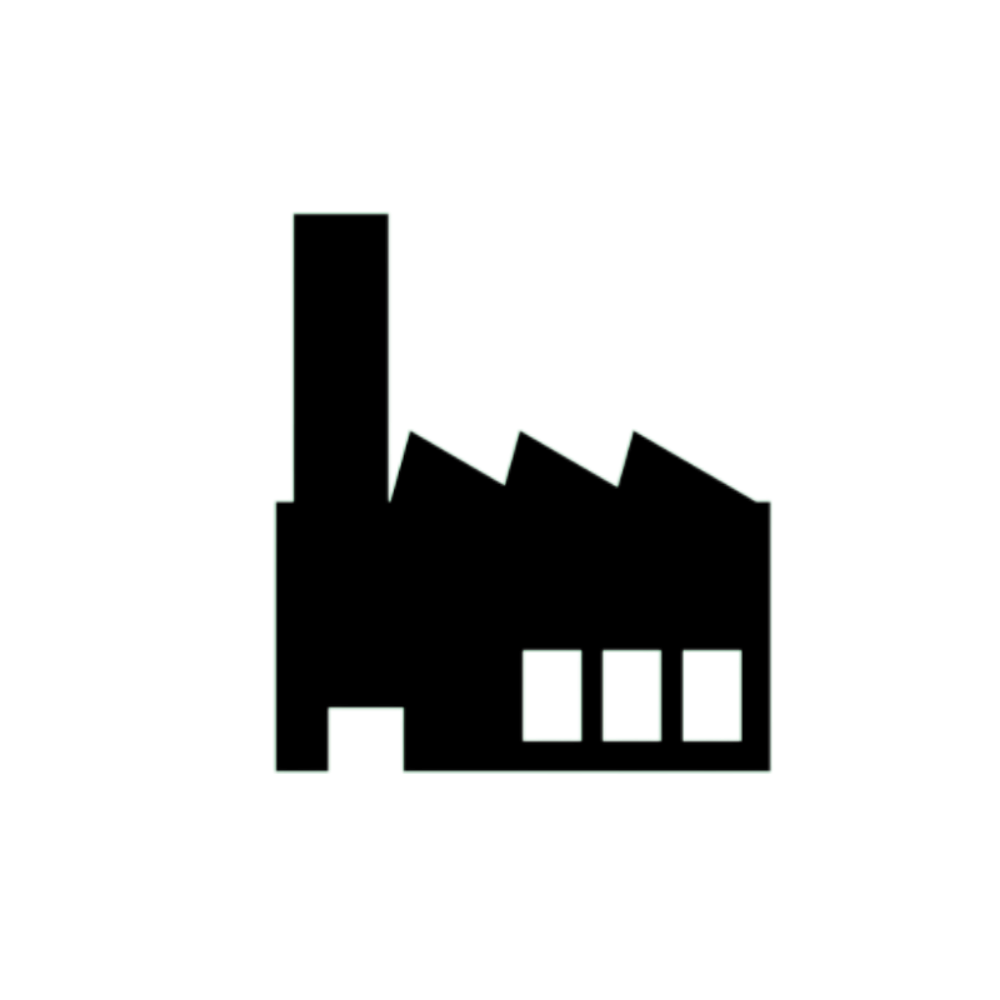
Impact Assessment
At Brand Conscience we believe in the power of innovative technology to make a difference in the pursuit of environmental and social sustainability.
At the heart of our business is an innovative measuring tool that we developed to accurately measure key sustainability data at a product level, and translate this data in to an easy-to-understand score.
We call this the sus’d score.

The sus’d score
We provide the sus’d scoring web app for businesses to audit each item they produce / sell against five sustainability criteria. A simple traffic light system is used to grade the item so that it is directly comparable with other items.
How does it work?
Products can be scored at the design, approval or procurement stage.
Data can be entered manually via the web app or pulled automatically from various sources in the supply chain using APIs.
Our system then analyses the product data using our extensive database to make comparisons against other processes and materials available. The scoring algorithm takes into consideration existing standards and certifications (such as FSC or BCorp) and compares against solutions available at scale and best in class so products are judged like-for-like within a suitable category - eg. Fashion & Textiles, or Toys.
Finally the sus’d score is confirmed via a graphic strip featuring the 5x icons with the RYOG scores assigned to each one. This is provided, along with a report to explain the score, and ‘What if’ analysis to make suggestion for improvements and what would be needed to get the product to a coveted ‘all green’ score.
The score can be used internally to make changes to the product, set targets, track changes and write reports. It can also be used as a consumer-facing label, printed on the product, packaging or ecommerce site, to attract conscious consumers.
Measure what Matters
Below are some examples of the topics that are evaluated within each Sustainability Area. Questions will depend on the type of product being assessed, are tailored to suit different industries, and updated to consider new developments and innovations in sustainability.
Looking at materials used, energy use, water consumption, land use, chemicals, pollutants, circular feed stock, encouraging regenerative processes and biodiversity
Production Processes
Longevity
The importance of living within planetary boundaries, making sure our products last longer and discouraging over-consumerism.
Considering how easy the product is to recycle. Natural materials are easier, blended materials with lots of trim/parts/packaging are more difficult and often require harsh chemicals.
Recyclability
Considering the importance of ethics and how we treat suppliers, employees and local communities. This has to be a priority if we want a more fair and just world.
Company Kindness
To make a final product, we consider how far the individual parts have travelled, promoting industry clusters that can produce and manufacture products in a single area, minimising travel and related emissions.
Manufacturing Miles
Fashion Impact Assessments
Our first impact assessment tool was developed for the fashion industry, which is responsible for 10% of human carbon emissions, as well as water scarcity, pollution and waste around the world.
Our sus’d labels make items of clothing directly comparable so shoppers can see which is more sustainable and make informed choices at point of purchase.
Behind the scenes, our What If Analysis and Impact Reporting can help fashion designers and buyers make more sustainable choices, helping them achieve that coveted green score - good for the economy, society and the environment!
Can you tell which dress is more sustainable?
With sus’d labels you can.
In Store and Online
Sus’d labels can be used on fashion labels, packaging and ecommerce sites to highlight sustainability achievements.
A simple QR code or link can be added to provide shoppers with a full breakdown of the score, and explanation for each section.
We work directly with retailers to provide in-store education and marketing to help shoppers understand what the sus’d score means.
A Measuring Methodology
Our assessment methodology has been designed to be transferrable to different industries and sectors, providing a simple, recognisable approach to sustainability scoring for those who need it.
Visit our RegenAg page to learn more.
We’re currently fundraising to develop our impact assessment for the Food and Farming industries, scoring produce and the environment in which it is grown. Measurements for these assessments will include categories such as GHG Emissions. Soil Health and Biodiversity. Contact us to discuss investment opportunities in this area.














